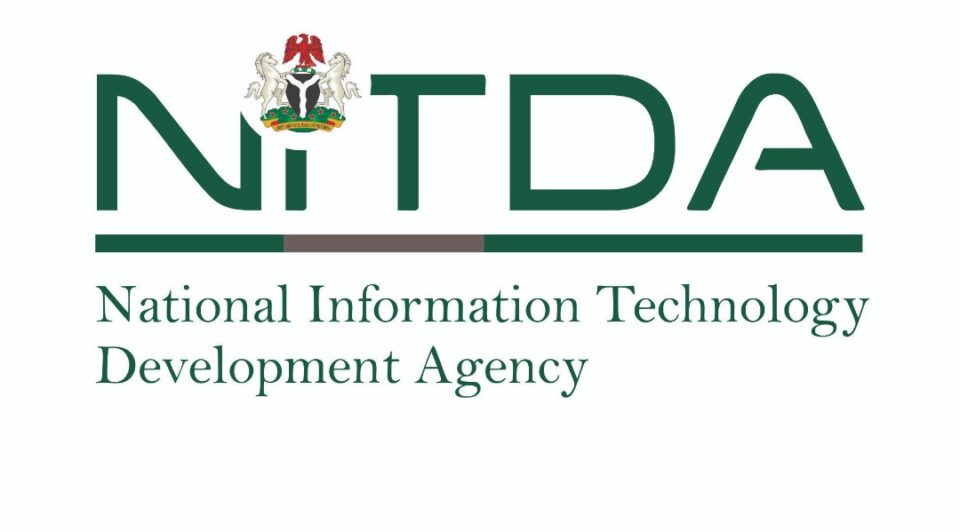
On National Artificial Intelligence Policy in Nigeria, by Fom Gyem
It is no more news that Artificial Intelligence (AI) growth can be attributed to Digital Innovation and the evolution of technology. Globally, countries are grappling with ways to manage the exponential growth of new and emerging technologies to advance their economies.
AI remains one of the most significant technologies for business, the economy, and society and the engine of the Fourth Industrial Revolution. This calls for a comprehensive understanding of AI that takes into account its technical, organizational, legal, social, and philosophical dimensions.
In the history of commerce, the economy, and society, artificial intelligence (AI) is undoubtedly one of the most potent technologies. There are many different kinds of AI algorithms and systems, but two of them are frequently used in business: those that use predetermined, possibly human-defined rules to make predictions, suggestions, and decisions, and those that learn these “rules” (which are in general mathematical functions) from data.
The entire range of governmental laws, rules, court rulings, and municipal ordinances is characterized by a well-designed policy. Such public policies implemented by the federal, state, and local governments affect everyone because a government naturally has impacts on every part of our life.
Also in cognisance of the exponential growth and potential value of digital technologies, which is in line with the vision of President Muhammad Buhari to diversify the Nigerian Economy through utilizing digital technologies, the President launched the National Digital Economy Policy and Strategy (NDEPS), developed by the Federal Ministry of Communications and Digital Economy, to reposition Nigeria’s Economy and leverage the many opportunities provided by these digital technologies.
I am therefore delighted that the Minister of Communications and Digital Economy, Professor Ali Isa Pantami recently directed the National Information Technology Development Agency (NITDA) to develop a National Artificial Intelligence Policy (NAIP).
In a press statement signed by the spokesperson of NITDA, Hajia Hadiza Umar, the development of the NAIP is envisaged to maximise the benefits, mitigate possible risks, and address some of the complexities attributed to using AI in our daily activities.
According to her it would provide directions on how Nigeria could take advantage of AI, including the development, use, and adoption of AI to proactively facilitate the development of Nigeria into a sustainable digital economy.
NITDA is responsible for developing standards, guidelines, and frameworks for the IT sector in Nigeria, as enshrined in Section 6 of the NITDA Act 2007. The Agency therefore invites the public to contribute and participate in developing National Artificial Intelligence Policy (NAIP).
While inaugurating the establishment of the National Centre for AI and Robotics (NCAIR) in 2020, Pantami listed the immense and immeasurable benefits derivable from the project. He disclosed that the Federal Government had indicated its willingness to partner with the Nigeria Computer Society on Artificial Intelligence to boost the nation’s economy.
During the maiden edition of the Artificial Intelligence Summit, Pantami, who was represented by the Director, National Centre for Artificial Intelligence and Robotics, Yau Garba, said research on AI and other emerging technologies was ongoing with researchers in various universities across the country.
He said, “AI is ushering new ways of planning, traveling, and working. Its innovative use has been changing lives for the better, creating new jobs and augmenting some existing ones while entirely replacing others’’.
The goal of AI policy is dual. To ensure AI’s numerous advantages for the economy and society, governments should, on the one hand, invest in its development and implementation. Governments can accomplish this by funding basic and applied research, the training of specialists in AI technologies, the development of digital infrastructure and related technologies, and initiatives that support the adoption and use of new AI technologies by both the public and private sectors. On the other hand, governments must also react to the societal and economic problems that the development of AI has created. Automation, algorithmic bias, data exploitation, and wealth inequality are just a few of the numerous issues that need policy solutions from governments all over the world.
In the last six years, computers have learned to speak and interpret all of the languages spoken on the planet, recognize faces and objects, and even play challenging video games. In the coming years, industries, as varied as transportation and healthcare, are expected to undergo significant change. Some of our favorite services, like Netflix and Google Search, are already based on AI algorithms. Simply put, governments are now aware of the disruptive potential of AI and are attempting to prepare for it.
But there is a story of competitiveness beyond this technological advancement. It is now obvious that there is much more demand than there is supply for AI skills. Only 22,000 PhD-trained AI researchers are present worldwide, with the majority (40%) concentrated in the US, according to a report by Element AI. Countries are hurrying to create AI Master’s and Ph.D. programs, short-term training initiatives, massive open online courses, scholarships, and fellowships in order to train domestic talent and draw in international expertise. Nearly every recent national strategy incorporates a mix of these programs to draw in, keep, and advance AI talent.
Policymakers can’t leave AI to computer scientists alone because it is so crucial to do it correctly.
They have to consult with legal professionals, economists, ethicists, psychologists, philosophers, and of course the communities they serve as they formulate policy. NITDA has taken that step forward to seek for everyone’s contributions to make this policy benefits the country and the people.
Since NITDA has called for public contributions, this is the time for human rights activities, public commentators, tech analysts, ICT specialists, the media and the general public to provide their perspective and insights towards a workable National Artificial Intelligence Policy.
Fom Gyem writes from Wuye District Abuja
